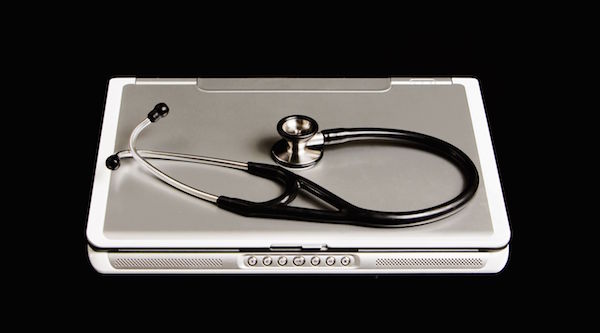
THURSDAY, May 14, 2015 (HealthDay News) — Alligators, chickens and other animals don’t need sunscreen — they make their own sun protection, a new study says.
This finding could point to new ways to protect people from sun damage, Oregon State University researchers believe.
They found that many birds, amphibians, reptiles and fish naturally produce a compound called gadusol, which protects them from the sun’s ultraviolet rays.
“Humans and mammals don’t have the ability to make this compound, but we’ve found that many other animal species do,” study lead author Taifo Mahmud, a professor in the OSU College of Pharmacy, said in a university news release.
Animals ranging from rainbow trout to the American alligator, green sea turtle and farmyard chicken displayed the genetic pathway that allows gadusol production, the study says.
Natural production of gadusol is likely the result of ancient evolution, he said.
“The ability to make gadusol, which was first discovered in fish eggs, clearly has some evolutionary value to be found in so many species,” Mahmud said. “We know it provides UV-B protection, it makes a pretty good sunscreen. But there may also be roles it plays as an antioxidant, in stress response, embryonic development and other functions.”
The study authors also found that it’s possible to make large amounts of gadusol using yeast. They said further research may lead to ways to use gadusol in sunscreens, cosmetics or drugs.
It may even be possible to develop gadusol into a sun protection product that is swallowed, as opposed to a cream or compound that is rubbed onto the skin, Mahmud said.
The study was published May 12 in the journal eLife.
More information
The U.S. Food and Drug Administration has more about sun protection.
Copyright © 2026 HealthDay. All rights reserved.

